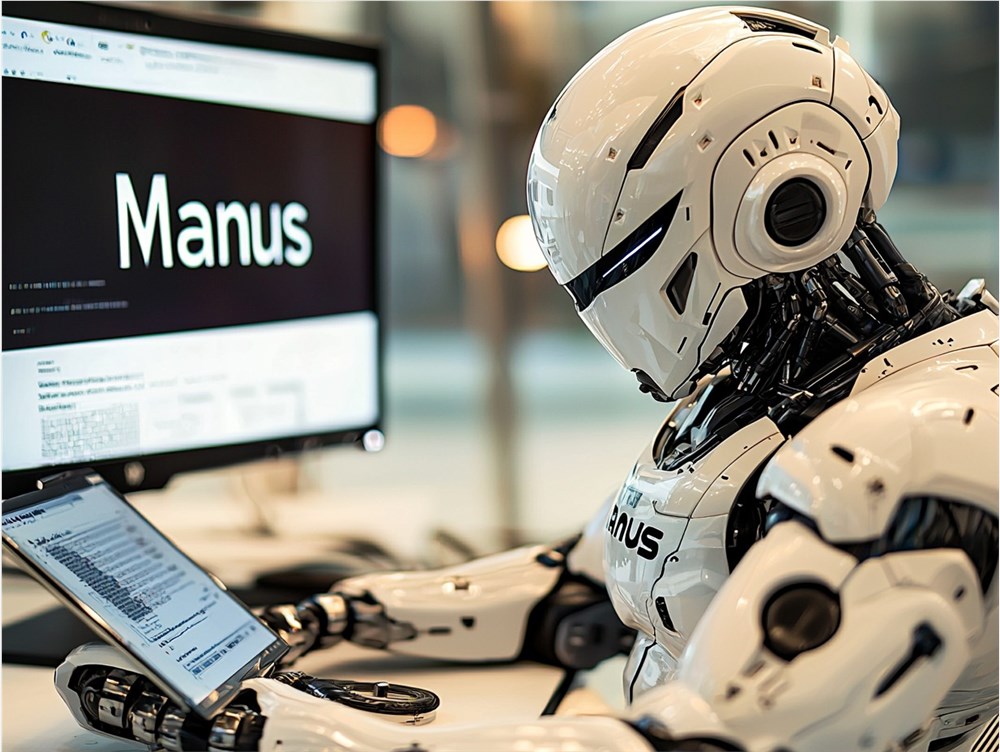IntuiCell, a deep-tech startup based in Scandinavia, recently announced a groundbreaking achievement: the world's first functional "digital nervous system" capable of autonomous learning. On March 19, 2025, the company revealed they had successfully engineered an AI that learns and adapts like a biological organism, a technology with the potential to obsolete existing AI paradigms in numerous applications.

IntuiCell's innovation marks a significant shift from traditional static machine learning models. It achieves learning by mimicking the core principles of biological nervous systems. Unlike traditional AI, which relies on massive datasets and backpropagation algorithms, IntuiCell's technology enables machines to learn through direct interaction with their environment.
At the launch event, IntuiCell's CEO and co-founder, Viktor Luthman, highlighted the technology's uniqueness. While traditional AI excels at data processing, it falls short in true intelligence. Their biologically-inspired system allows machines to interact with and evolve within their environment in unprecedented ways.
At the heart of the technology is a novel learning mechanism. IntuiCell's developed system architecture resembles a biological spinal cord, forming the infrastructure for autonomous learning and aiming to replicate the brain regions responsible for sensory processing and world modeling. Unlike conventional neural networks, IntuiCell's digital nervous system employs a decentralized learning algorithm, enabling AI agents to acquire knowledge through direct experience and adapt to new situations in real-time.
IntuiCell showcased the technology's application with a robot dog named "Luna," which learned to control its body and stand through trial and error, mimicking a newborn animal. Video footage demonstrated Luna learning to stand solely through its digital nervous system, without any pre-programmed intelligence or instructions.
The company envisions creating "the first truly teachable systems," where machines learn in a way similar to how humans teach animals new skills. To achieve this, IntuiCell plans to employ dog trainers to teach its AI agents new skills, emphasizing real-world interaction over sheer computational scale.
IntuiCell's technology is rooted in thirty years of neuroscience research at Lund University. The founding team comprises experts with extensive experience in neuroscience, AI, robotics, and business, aiming to complete the development of the digital nervous system within the next two years.
While IntuiCell's vision is still years away from full realization, Luna's demonstration provides strong evidence of the technology's potential, signaling a shift towards truly autonomous learning and adaptation in AI development.
Key Highlights:
🌟 IntuiCell unveils the world's first functional "digital nervous system" with autonomous learning capabilities.
🐶 Robot dog "Luna" masters standing through trial and error, showcasing the new technology's potential.
💡 The technology is based on thirty years of neuroscience research, aiming to transcend the limitations of traditional AI.










